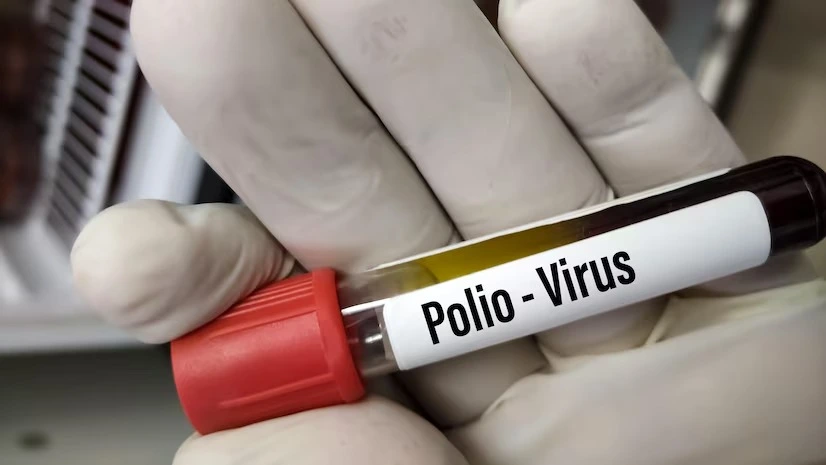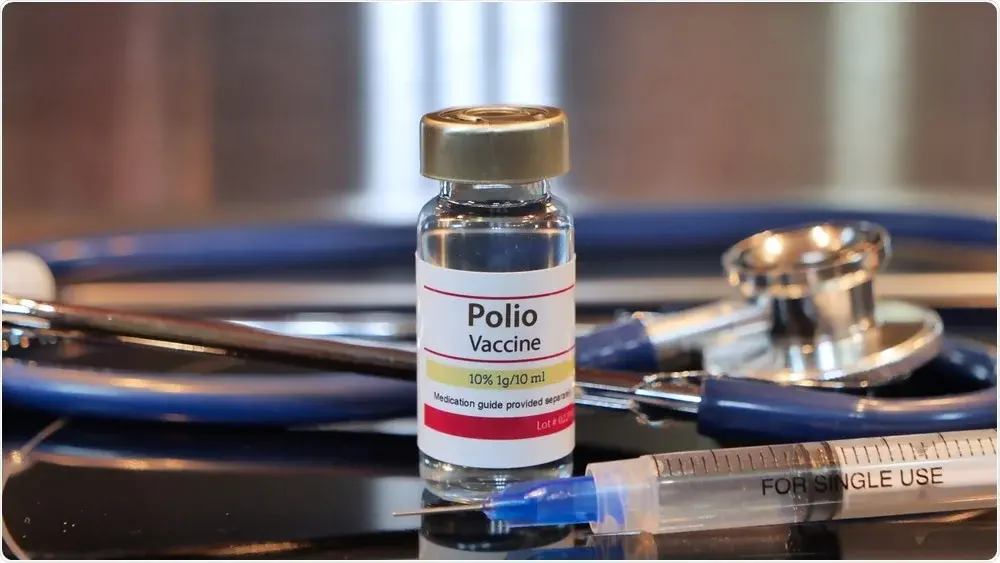UNICEF and WHO Launch Mass Polio Vaccination Campaign in Gaza
The World Health Organization (WHO) and UNICEF have announced a mass polio vaccination campaign in the Gaza Strip, set to take place from February 22 to 26, 2025. This initiative aims to immunize over 591,000 children under the age of 10 against poliovirus using the novel oral polio vaccine type 2 (nOPV2). The urgent response follows the detection of poliovirus in Gaza’s wastewater, indicating ongoing circulation and increased risk for children. WHO and UNICEF warned that overcrowding in shelters, coupled with damaged water and sanitation infrastructure, has created ideal conditions for the virus to spread. Additionally, increased population movement due to the ongoing ceasefire could further exacerbate transmission. “Pockets of individuals with low or no immunity provide the virus an opportunity to continue spreading and potentially cause disease,” the joint statement read. The upcoming campaign seeks to close immunity gaps and prevent further infections. An additional vaccination round is scheduled for April to ensure comprehensive coverage. The initiative will be spearheaded by the Palestinian Ministry of Health, with support from WHO, UNICEF, the United Nations Relief and Works Agency for Palestine Refugees (UNRWA), and other partners. Efforts will focus on reaching all eligible children, including those previously missed, to halt the outbreak and protect public health. With the combination of medical intervention and coordinated global support, health officials hope to contain the outbreak and safeguard children from the debilitating effects of polio. Source: Business Standard
UNICEF and WHO Launch Mass Polio Vaccination Campaign in Gaza Read More »


